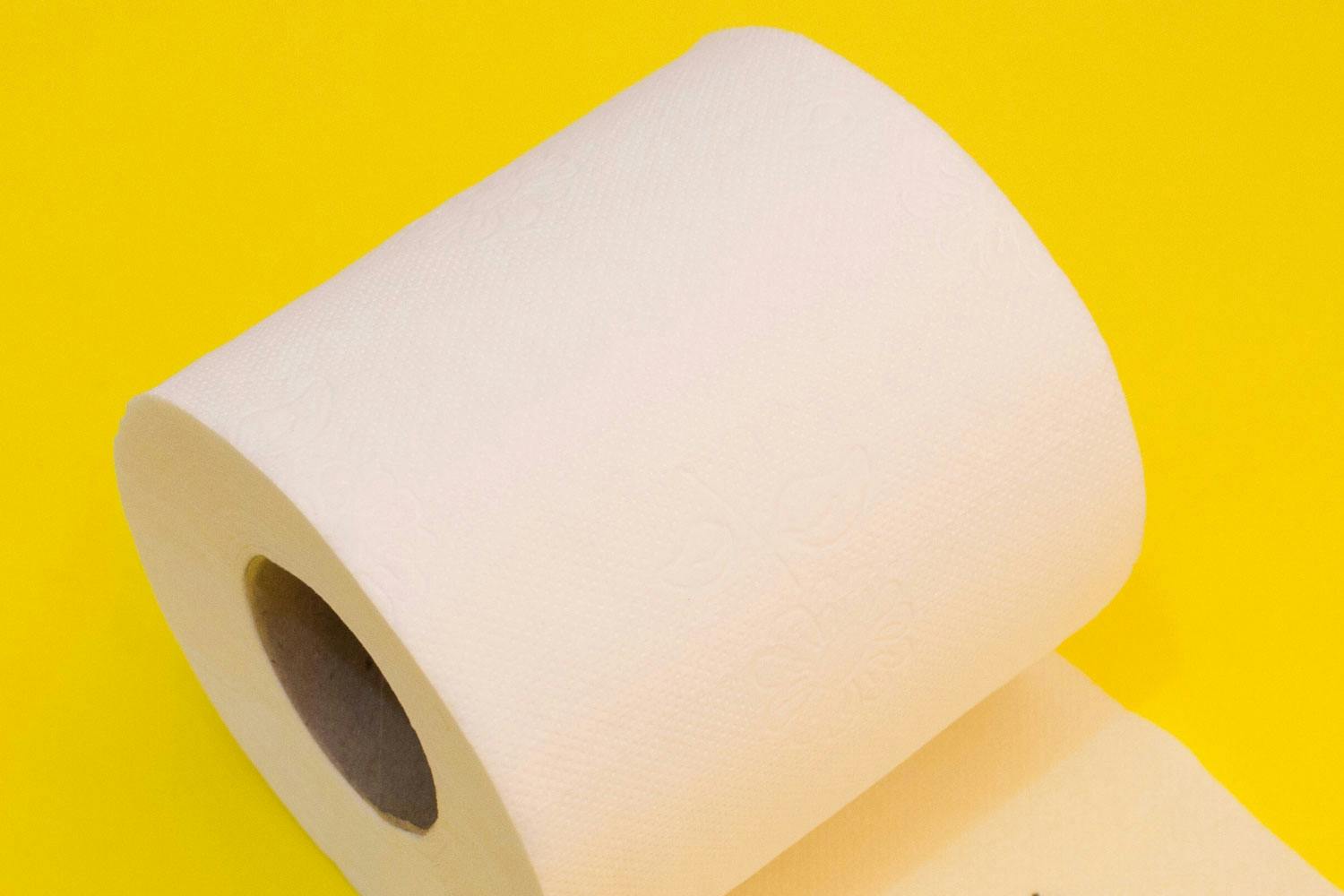The Decider: Toilet Paper (and Other Tissues)
The Decider looks beyond the greenwashing to help you make everyday sustainable lifestyle decisions.
There’s a dizzying array of toilet paper on the market. Apart from various levels of fluffiness, you can find household tissues made of recycled paper, bamboo, sugar cane, and wheat straw, all of which claim to be eco-friendly. So, which one should you choose? What’s the most sustainable way to wipe your butt?
“The best thing you can do is use reusable items or think about being less wasteful in your paper consumption,” says Joshua Martin, director of the Environmental Paper Network (EPN), an international coalition of more than 140 conservation organizations. “But for the paper that you do need — including toilet paper — you should first look for maximizing the amount of the recycled content in the product.”
The production of recycled tissue produces about 70% fewer greenhouse gas emissions than tissue made from virgin wood fibre, and about 30% fewer emissions than tissue made from virgin bamboo fibre, according to the network’s 2018 report on the state of the global paper industry.
Toilet paper use worldwide wipes out the equivalent of 27,000 trees a day.
Purchasing tissues made of recycled material also helps prevent deforestation. Toilet paper use worldwide wiped out the equivalent of 27,000 trees a day in 2010, according to a report by the World Watch Institute. Household tissue that isn’t recycled — including toilet paper, paper towels, and paper napkins — uses wood pulp from Canada’s boreal forests as a “key ingredient,” according to Shelley Vinyard, boreal corporate campaign manager at the Natural Resources Defense Council in Washington, DC.
“The boreal forest is an essential ecosystem,” Vinyard explains. “It’s critical to biodiversity, really important to Indigenous peoples in Canada, and it’s also really important for solving the climate crisis. Canada’s boreal forest by itself stores nearly twice as much carbon as all of the world’s recoverable oil reserves.”
The most sustainable type of recycled toilet paper is made from 100% post-consumer recycled fibers. That’s because “you’re actually taking paper waste that would otherwise be going to the landfill,” says Daniel Brindis, acting forests campaign director at Greenpeace USA.
When that’s not available, Brindis, Vinyard, and Martin all say it’s best to maximize recycled content in general, and to look for paper with certification from the Forest Stewardship Council (FSC). The certification — which is meant to indicate that a product uses fibre from sustainably managed forests or recycled sources — considers the protection of endangered forests and animals, and the rights of Indigenous peoples and workers. Even though FSC has been linked to scandals involving the greenwashing of illegal timber, it’s better than the alternatives, says Greenpeace’s Brindis.
“That isn’t to say that you should see the FSC logo and know with 100% certainty that it is completely ‘sustainable.’ However, you get significantly more assurances if it is FSC-certified versus a conventional ‘black box’ non-FSC-certified product,” he explains.
Even sustainable logging is “a pretty intense process,” warns Brindis. “You’re moving heavy equipment around, you’re intruding into the forest. Ideally, we’d use the forest as little as possible.”
Alternative fibres like bamboo and farming waste are helping make this possible. Tissue made from wheat straw — which is left on the field after wheat is harvested and would normally be unused or burned — saves trees and is less carbon-intensive than producing tissue from wood, according to the EPN’s 2018 report.
Similarly, bamboo needs less water and less space to grow than trees. It also grows more quickly and doesn’t require the same heavy logging equipment. But, says Brindis, bamboo currently falls into a “grey area” because the industry doesn’t have any certification standards to ensure it’s being harvested in a sustainable way.
Bamboo falls into a “grey area” because the industry doesn’t have standards to ensure it’s harvested sustainably.
It’s also a good idea to look for tissues labeled totally chlorine-free (TCF) or processed chlorine-free (PCF). When chlorine is used to bleach tissues, it “contributes to the formation of harmful chemicals that wind up in our air and water and are highly toxic to people and fish,” according to the Natural Resources Defense Council.
One tool you can use to compare how different options stack up is the Ecopaper Database published by Canopy, a Vancouver-based organization working on forest protection. The database identifies the most sustainable options as “Superior” in the “Paper Step” column, indicating the product is made of at least 50% post-consumer recycled content, is bleached without chlorine, and uses no virgin fibre from endangered forests (if it uses virgin fibre at all).
For household tissues other than toilet paper, EPN’s Martin recommends going with reusable options like cloth napkins, dish towels, and handkerchiefs. There are even people who use reusable toilet paper called “family cloths” that can be tossed in the laundry.
The best solution is to not use any toilet paper at all. Bidets are more sanitary and environmentally friendly than toilet paper, whose production guzzles up water and electricity, no matter what fibre is being used. For now, groups like the EPN are focusing on solutions within the comfort zone of North Americans, who consume a growing amount of tissue every year.
“It’s not realistic that society will make a massive switch away from using toilet paper,” explains the Martin. “And we don’t have a lot of time to save the last endangered forests and address climate change.”
This is the first in a new series, The Decider, in which Asparagus reporters do the homework on how to live more sustainably — so you don’t have to. Have a decision you need help with, or an issue you think more people need to know about? Let us know by emailing asparagusmagazine[at]gmail[dot]com. You might inspire our next Decider!
